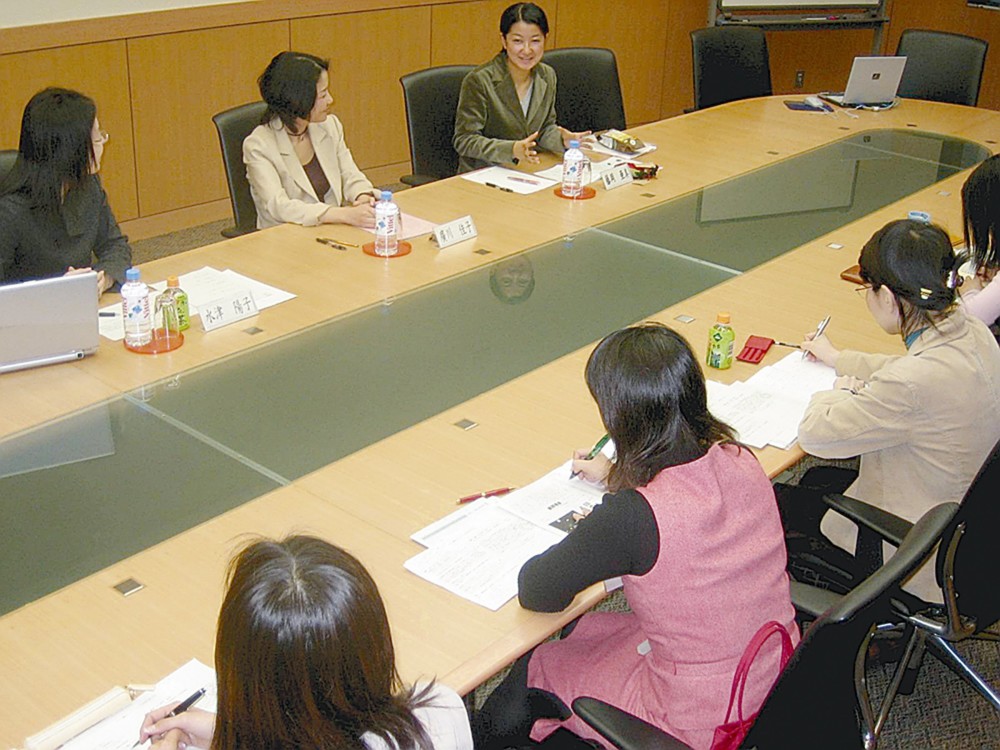By Ayako Mie
Japan Times, Tokyo
A two-day international conference aiming to empower women kicked off Friday in Tokyo with a call for companies and the government to foster more female executives — an area of gender equality where Japan greatly lags behind the global norm.
The fourth Women’s International Networking Conference in Tokyo was attended by more than 200 female and male working professionals and executives.
The international group was founded in 1998 by Norwegian social entrepreneur Kristin Engvig to promote female leadership, diversity and inclusion in the workplace.
“Talking to business leaders in Japan, I thought there is something more to inspire women as well as men who want to make differences,” said Engvig.
The conference comes at a time when Prime Minister Shinzo Abe is touting “womanomics” as a pillar of his “Abenomics” economic campaign.
Abe has reinvigorated the government initiative to increase female managers across the board to 30 percent by 2020 — a goal first introduced by ex-Prime Minister Junichiro Koizumi.
Abe has been appointing female executives in his government, but Japan’s standing in gender quality surveys is slipping.
According to the 2013 Global Gender Gap report by the World Economic Forum, Japan now ranks 105th out of 136 countries, down from 101st in 2012.
“The power of women really is an unused resource that could be the most effective measure for the future growth of Japan,” said Yuriko Koike, a Lower House member of Abe’s ruling Liberal Democratic Party.
Politics is an area where Japan especially lacks diversity. According to a 2014 survey by the Inter-Parliamentary Union, Japan ranks 127th among 189 countries in political gender equality, with female politicians holding only 8.1 percent of the seats in the Lower House.
Anita Pratap, an Indian journalist and former South Asian bureau chief for CNN, emphasized that having more female representation in politics is crucial to empower women.
“We need political power and emancipation for change,” said Pratap, who was nominated as the Asam Adami party candidate from the city of Ernakulam, Kerala, for the 2014 elections for the Lok Sabha — the lower chamber of India’s parliament.
Participants also said companies with more top female managers perform better financially. According a study by McKinsey & Company, the return on equity of companies with a higher proportion of women in executive committees is 41 percent more than that of firms with no females in executive committees.
“Leadership behaviors more often exhibited by women improve organizational performance in multiple dimensions,” said Georges Desvaux, managing partner at Mckinsey’s Japan office, who explained that female executives make decisions more collectively while men tend to do so independently.
Yet Akira Matsumoto, CEO of Calbee Inc., cautioned that capitalizing on female managers also bears a risk if a company’s performance declines.
“Diversity may be denied with poor business performance,” said Matsumoto, implying women could be blamed for lackluster performance. “This is one of the reasons particularly in Japan why women’s leadership is happening slowly. But I take a risk, because without this we cannot grow.”














































































































































































































































































































































































